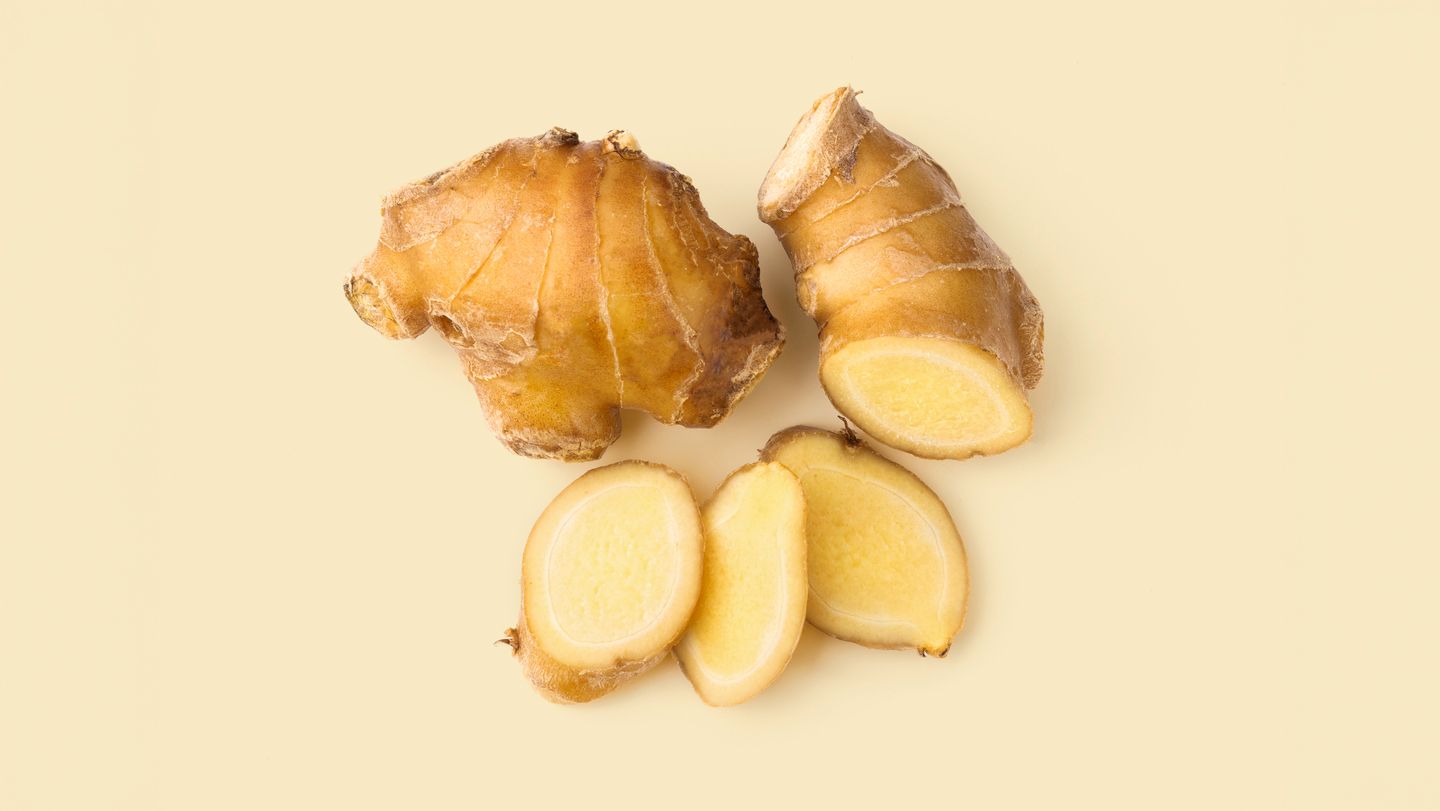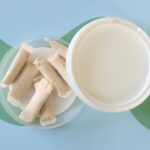The value of including ginger in a type 2 diabetes diet is unclear because research is limited, says Rahaf Al Bochi, RD, a spokesperson for the Academy of Nutrition and Dietetics and the owner of Olive Tree Nutrition in the Baltimore area. But what’s available currently suggests that the herb may have benefits for your diabetes treatment plan.
Al Bochi says this research wasn’t without flaws, though. “All the sample groups were really small, they were done over a few weeks of time, and they were all homogeneous — based on one or two countries,” she says. Thus the studies the researchers analyzed didn’t provide enough information for experts to conclusively recommend ginger as an effective treatment for type 2 diabetes.
In a 2015 study, ginger powder was shown to improve glycemic control in Iranian adults with type 2 diabetes who were not on insulin, compared with a placebo group. The study was short, lasting only three months, but it was double-blind, randomized, and controlled, which suggests a potential causal effect between ginger and blood sugar management.
More recent research looked at five studies in which people took 1.2 to 2 g of ginger per day over a period of 4 to 12 weeks. Two of the five studies showed that ginger supplementation reduced fasting blood glucose levels, but not HbA1C, in people with diabetes. The three other studies did not show a statistically significant reduction in fasting blood glucose.
While some of this research seems promising, it’s important to speak with your doctor to understand how supplementing with ginger may affect you and your diabetes treatment plan.
Read the full article here




